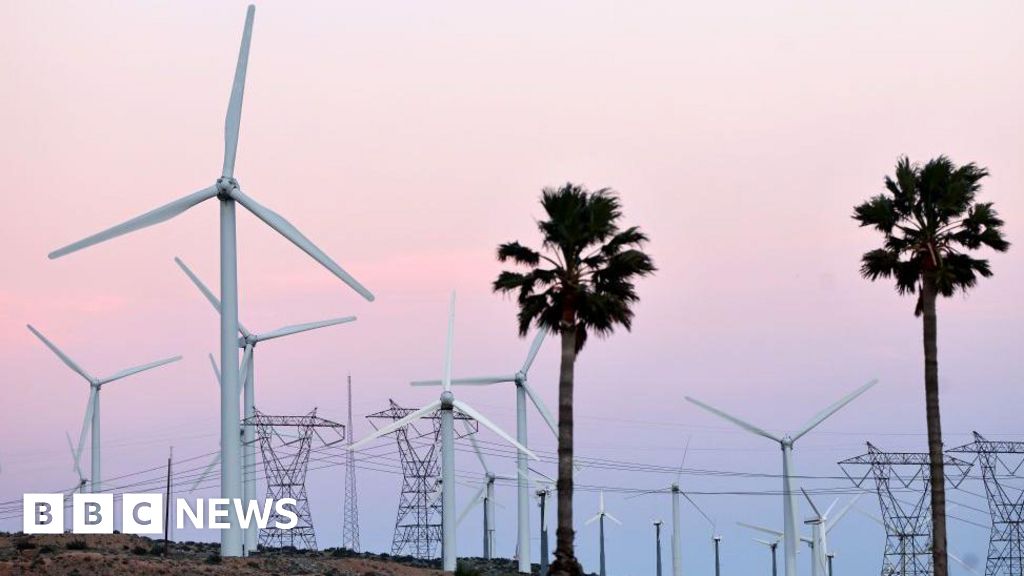Stay informed with free updates
Simply sign up to the UK inflation myFT Digest — delivered directly to your inbox.
Two Bank of England policymakers have warned against rushing to reduce interest rates again in the wake of last week’s quarter-point cut, as they stressed the need to see more evidence that inflationary risks are receding.
Clare Lombardelli, a BoE deputy governor, and external Monetary Policy Committee member Megan Greene on Monday suggested their votes to cut rates to 4.25 per cent had been finely balanced, despite the drag on output from Donald Trump’s trade war.
In speeches to the BoE watchers’ conference in London, they emphasised signs of persistent inflationary pressures in the economy and called for caution over the outlook for prices.
Lombardelli said that while forward-looking indicators suggested “substantial progress” on pay growth falling by the end of the year, published data showed it was “still too high” to be consistent with the central bank’s 2 per cent inflation target.
“Caution remains appropriate. I’ll be more comfortable when I see material deceleration in the data over a longer period,” she added.
Wage growth came in at 5.9 per cent in the three months to February, according to the Office for National Statistics.
Greene said services inflation — which came in at 4.7 per cent in March — had been retreating slowly and that she was concerned by signs of upward movements in inflation expectations.
“I don’t think we can pull out the ticker tape and suggest it [inflation] is transitory — there is still reason to be concerned about inflation persistence,” Greene added.
The BoE’s interest rate cut last week marked the fourth reduction since summer 2024, taking the cost of borrowing to its lowest level since 2023.
But it also revealed a three-way split: a majority of five MPC members supported the quarter-point cut, while two favoured a bigger, half-point reduction and two wanted rates to stay at 4.5 per cent.
Although Lombardelli “was balanced between holding and cutting rates” ahead of the meeting, she said gradual progress on bringing inflation down and the fallout from Trump’s tariffs had prompted her to back a cut.
In the short term, Trump’s tariffs on imports to the US “and more uncertain US policies will likely reduce growth and inflation”, she added, “because of reduced demand and trade diversion from reduced exports by the rest of the world”.
Greene said she went into the vote “quite torn about whether to hold or cut by 25 basis points”, but that trade was one reason for her decision to support a reduction.
“I do think, on net, trade should be disinflationary,” Greene added.
The UK last week clinched the first deal with the US since Trump started imposing high tariffs, agreeing cuts to punitive levies on car and steel exports, but failing to reverse a flat 10 per cent levy that applies to most goods.
BoE governor Andrew Bailey, who voted to cut rates last week, welcomed the accord as “good news” but cautioned that it still left the effective tariff rate higher than before Trump began increasing barriers on America’s partners.
Welcoming a tariffs deal between the US and China, Lombardelli on Monday warned that in the longer term, “if global trade were to fragment, this would reduce output and productivity and would raise inflationary pressures”.
Greene said the developments between the US and China would not have changed her vote.
This is because the diversion of trade flows by US tariffs could still have a disinflationary impact, and because of continued uncertainty about what happens between the US and the EU on trade barriers, she said.
Credit: Source link










